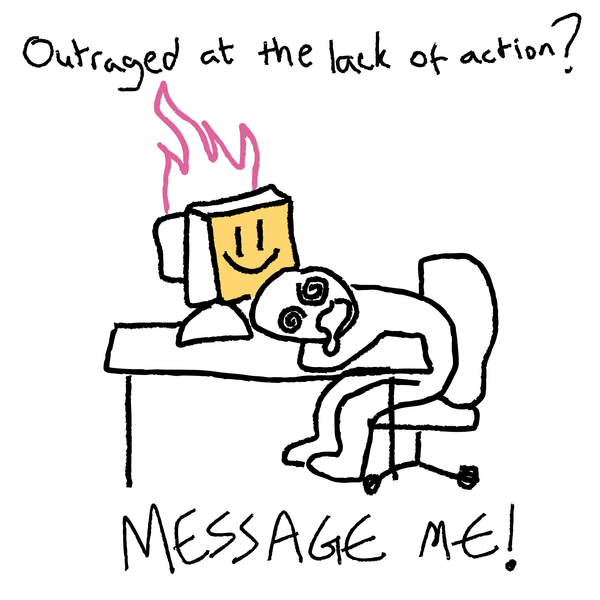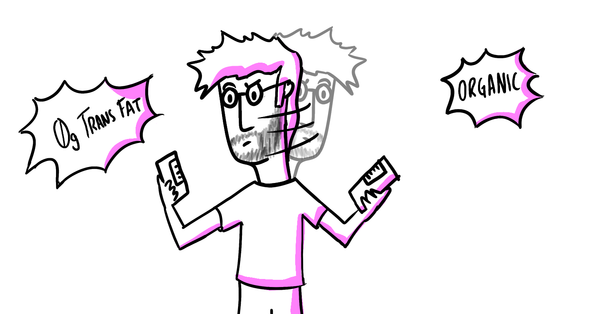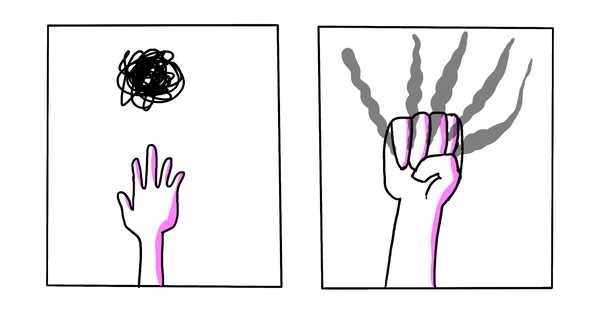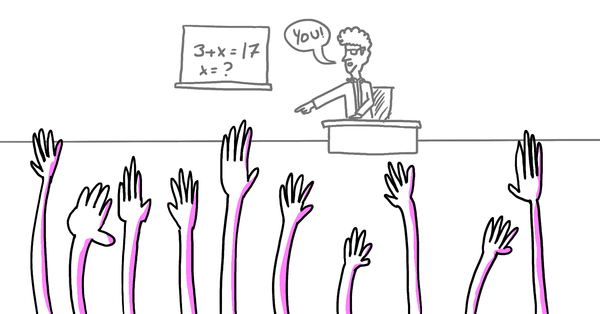The need for reflective computing
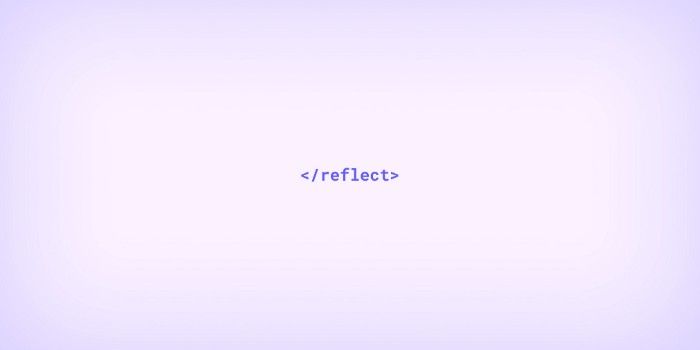
Computers need to make reflection as immediate and seamless as going on a thoughtful tangent — the way you would scribble on top of a page or write in the margins.
Modern computers are highly biased towards productivity. Everything is about doing more in less time. For matters of simple calculations and menial tasks, this bias is excellent. We can type faster than we can write, do a great deal of complex math in the time it takes a coffee to brew, and communicate with hundreds of people at the speed of light.
However, this has failed us in depth of thought and reflection. In order to maximize throughput, computers had to be fast and show you as many things at a time as possible. The modern office worker is simultaneously sending an email, drafting up a blog post, and tending to a spreadsheet titled spreadsheet-final-FINAL-3.xlsx all while audio and video blare in the background, and Twitter notifications pop-up. This modern misnomer of multi-tasking means that we rarely engage in deep thinking and focus.
To improve one’s thinking, a different paradigm of speed and access are needed. Rather than being able to look up new media at the speed of light, for instance, we need to be able to commit thoughts as easily. Committing those thoughts and then retrieving them is what I’m calling Reflective Computing.
Imagine a scenario where you’re browsing the web and you come across something that reminds you of an important idea or memory. hitting a keyboard shortcut `cmd + alt + R`, and writing down this idea. The computer will automatically capture the “moment” alongside the note you took. It will capture the date and time, what you were looking at, what other windows were open, what music was playing, the location you typed it from, and maybe even the weather. In essence, it’s recreating a much needed *context* for your thoughts which helps with jogging the memory, putting you back in that mind frame, and potentially stimulating even more ideas.
This is more than a just a complex note file. In its technical implementation it may be a simple text snippet with some Added metadata, but the `Reflections` classification means these snippets undergo an extra layer of processing. `Reflections` must always be accessible to the computer from anywhere, more like a “helper” than an indexed file. As new `Reflections` are committed, the extra processing will mean the computer will automatically retrieve others that were similar in content or that happened in a similar context, allowing for those rich tangents of thought that we’re going after.
Reflective Computing would be a fairly large shift from the modern productivity train of thought. It would ask us to let go of a gratifying sense of “doing things” quickly in favour of the more nuanced activity of “just thinking”. Especially with giants like Google pushing ambient computing, presenting us with a future where computers will be unavoidable, we will need to be more careful than ever with how we spend our time on these machines.
UPDATE (Oct 19, 2020): I have been experimenting with an Alfred workflow to create an omnipresent “thought” layer on my Mac. I’ll be writing about this more soon. If you’d like to learn more or discuss, leave a comment below!


